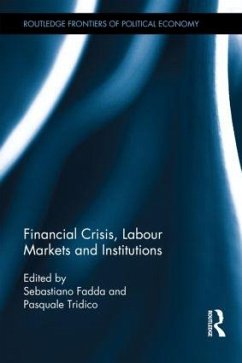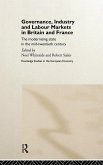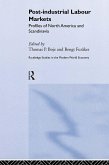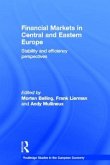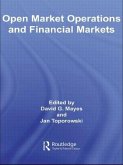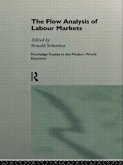This book seeks to explain the global financial crisis and its wider economic, political, and social repercussions, arguing that the 2007-9 meltdown was in fact a systemic crisis of the capitalist system. The volume makes these points through the exploration of several key questions: What kind of institutional political economy is appropriate to explain crisis periods and failures of crisis-management? Are different varieties of capitalism more or less crisis-prone, and can the global financial crisis can be attributed to one variety more than others? What is the interaction between the labour market and the financialization process? The book argues that each variety of capitalism has its own specific crisis tendencies, and that the uneven global character of the crisis is related to the current forms of integration of the world market. More specifically, the 2007-09 economic crisis is rooted in the uneven income distribution and inequality caused by the current financial-led model of growth. The book explains how the introduction of more flexibility in the labour markets and financial deregulation affected everything from wages to job security to trade union influence. Uneven income distribution and inequality weakened aggregate demand and brought about structural deficiencies in aggregate demand and supply. It is argued that the process of financialization has profoundly changed how capitalist economies operate. The volume posits that financial globalization has given rise to growing international imbalances, which have allowed two growth models to emerge: a debt-led consumption growth model and an export-led growth model. Both should be understood as reactions to the lack of effective demand due to the polarization of income distribution.
Hinweis: Dieser Artikel kann nur an eine deutsche Lieferadresse ausgeliefert werden.
Hinweis: Dieser Artikel kann nur an eine deutsche Lieferadresse ausgeliefert werden.

